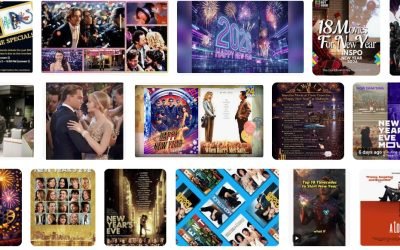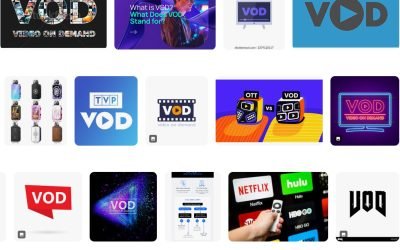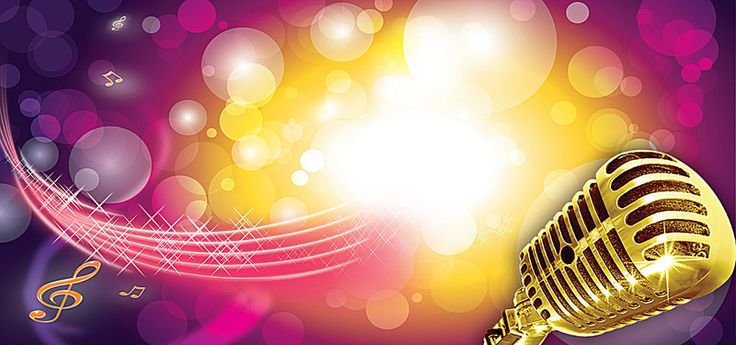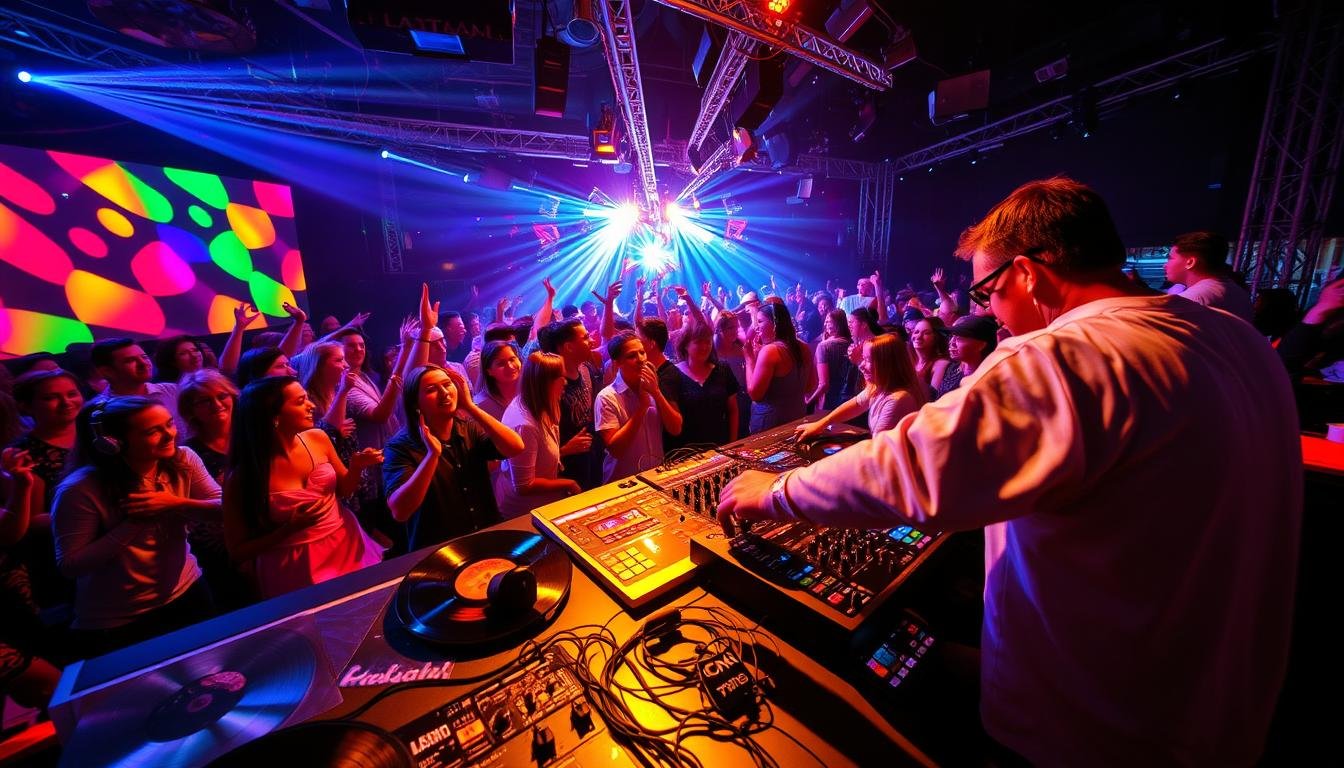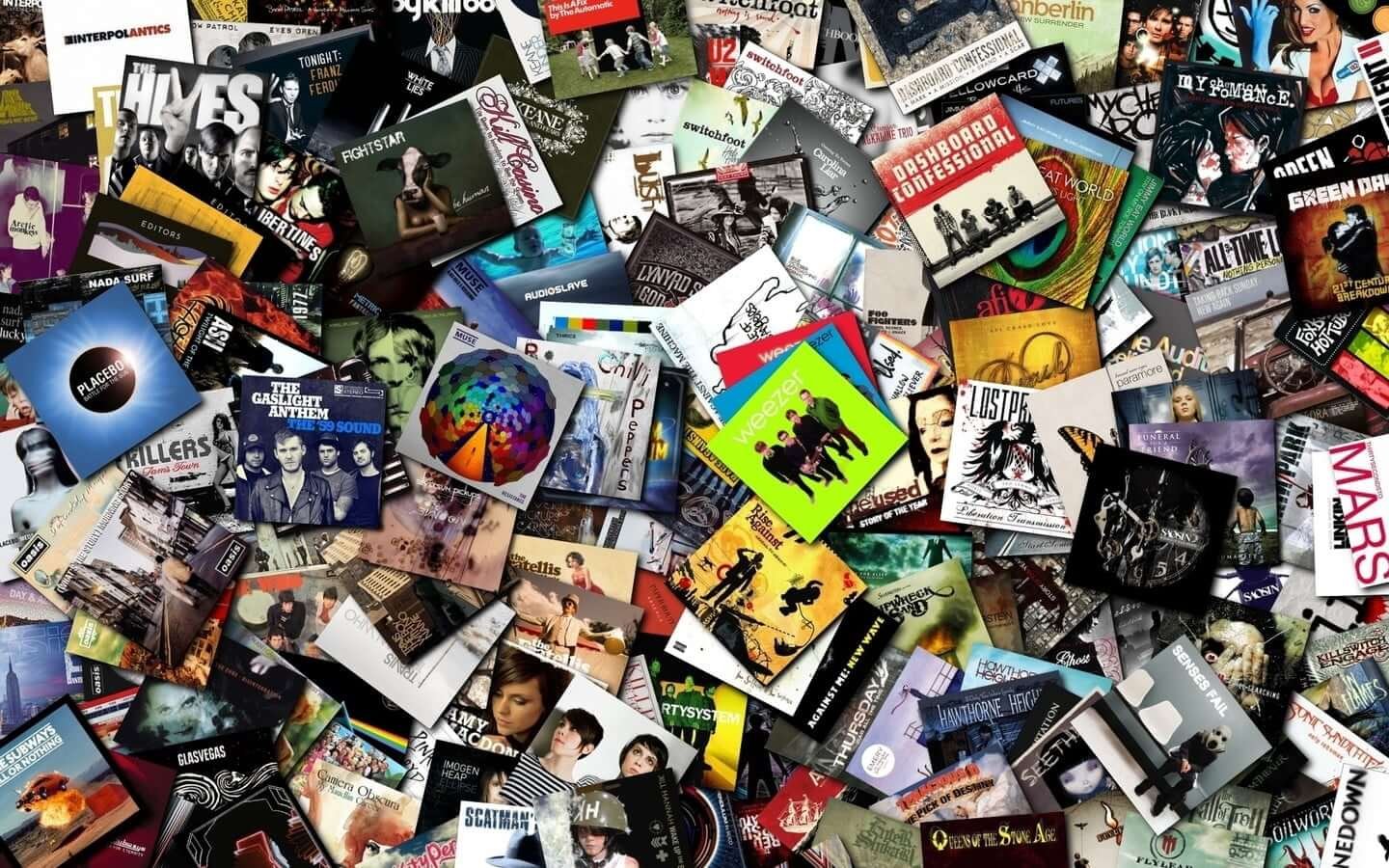Music is an art form that has been present since the beginning of human civilization. It has evolved over time and has become an integral part of human culture. Music is created through the combination of different sounds and instruments, and it has the power to evoke emotions, influence moods, and affect behavior. Lets talk about Music as Entertaining Source
The Evolution of Music
Music has gone through various stages of evolution throughout history. It started with the use of simple percussion instruments like drums and rattles, and gradually developed into more complex forms of music with the introduction of new instruments like the piano, guitar, and violin. The development of music was also influenced by different cultures and traditions, which led to the creation of various music genres.
Music Genres
Music genres refer to the different styles and categories of music that exist. Some of the most popular genres include classical, rock, pop, jazz, hip-hop, and country. Each genre has its unique characteristics and influences that distinguish it from others. The choice of music genre often depends on the listener’s preferences, cultural background, and age.
Music and Society
Music plays a crucial role in society, and it has been used for various purposes throughout history. It has been used to celebrate, mourn, communicate, and entertain. Music has the power to bring people together and unite them under a common goal. It also reflects the social, political, and economic issues of the time, and serves as a means of protest and expression.
Music and Emotions
Music has a profound impact on emotions, and it can affect our moods and behavior. It has been used as a therapeutic tool to treat mental health issues like depression, anxiety, and stress. Music can evoke different emotions like happiness, sadness, anger, and love, and it has the power to transport us to different times and places.
The Role of Music in Different Settings
Music plays different roles in different settings. It is used in films, TV shows, and commercials to enhance the viewing experience and evoke emotions. It is also used in religious settings to provide a sense of spirituality and connection. In sports, music is used to motivate athletes and energize the crowd. In restaurants and cafes, it is used to create a relaxing and enjoyable atmosphere.
Music Production and Technology
Music production has evolved over time, and technology has played a significant role in its development. The introduction of computers and digital audio workstations has made it easier for musicians to record and produce music. The internet has also made it possible for musicians to distribute and promote their music to a global audience.
Music and Marketing
Music is an essential component of marketing, and it is used to create emotional connections with consumers. It is used in advertisements, product launches, and branding to create a specific image and appeal to a particular demographic. Music also plays a significant role in the entertainment industry, where it is used to promote movies, TV shows, and games.
Entertainment From Music and Mental Health
Music has therapeutic properties that make it an effective tool for treating mental health issues. It can reduce anxiety, depression, and stress, and improve mood and behavior. A wide range of mental health issues can be treated with music therapy in a variety of settings, including schools, hospitals, and mental health clinics.
Music and Education
Music is an essential component of education, and it is taught in schools and universities worldwide. It is believed that music education can enhance cognitive development, creativity, and emotional intelligence. Learning to play an instrument or sing in a choir can also improve motor skills, coordination, and teamwork.
The Future of Music as Entertaining Source
The future of music is influenced by the ongoing technological advancements and changes in consumer behavior. The rise of streaming services and digital distribution has changed the way people consume and produce music. The use of artificial intelligence and machine learning is also changing the way music is created and distributed. However, despite these changes, music will continue to evolve and remain an essential part of human culture.
Conclusion
Music is an art form that has evolved over time and has become an integral part of human culture. It has the power to evoke emotions, influence moods, and affect behavior. Music plays various roles in different settings, including entertainment, education, therapy, and marketing. Despite the ongoing technological advancements and changes in consumer behavior, music will continue to evolve and remain an essential part of human culture.
FAQs
Classical music is a style of music that originated in the Western world and is characterized by complex harmonies, orchestration, and formal structures. Pop music, on the other hand, is a genre of popular music that is characterized by simple melodies, repetitive lyrics, and a strong beat.
Music has the power to evoke different emotions like happiness, sadness, anger, and love. It can also affect our moods and behavior.
Yes, music therapy is an effective tool for treating mental health issues like depression, anxiety, and stress. It can improve mood and behavior and reduce symptoms of mental illness.
Music is an essential component of marketing, and it is used to create emotional connections with consumers. It is used in advertisements, product launches, and branding to create a specific image and appeal to a particular demographic.
Technology is changing the music industry by enabling musicians to record, produce, and distribute music more easily. The way people listen to music has also changed as a result of the rise of streaming services and digital distribution. Automated thinking and computer based intelligence are also affecting the way in which music is made and spread.

